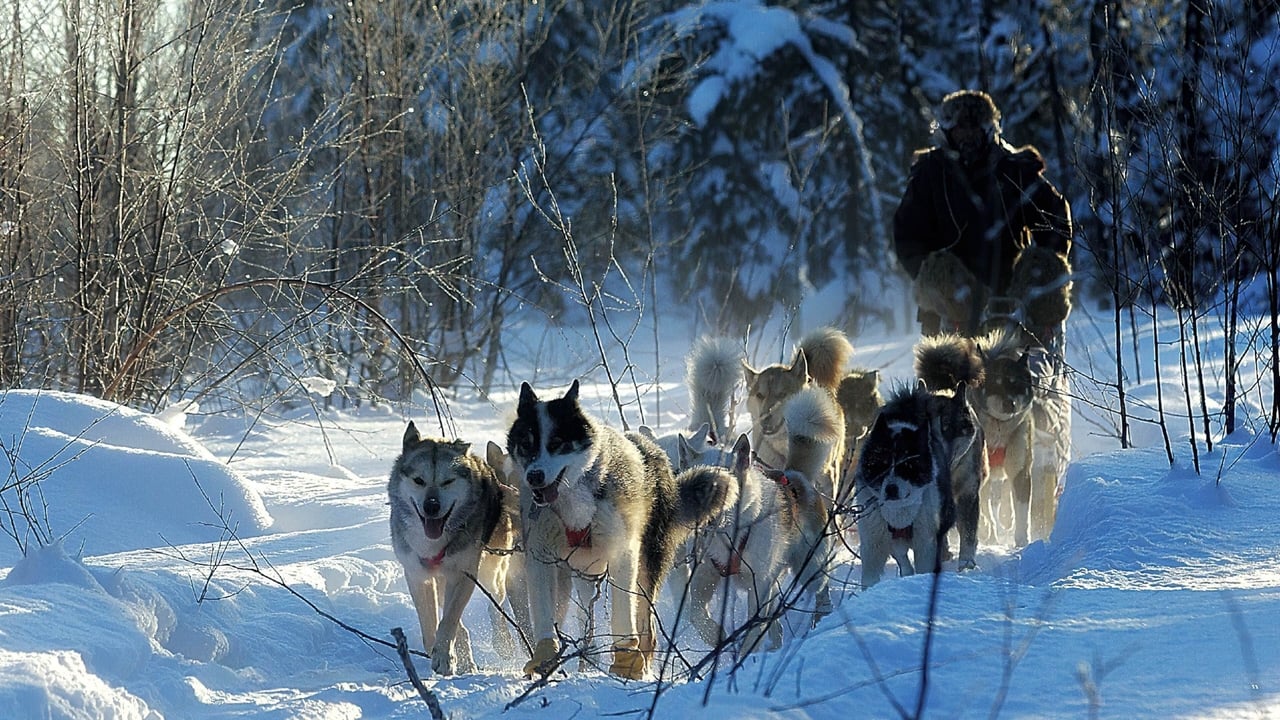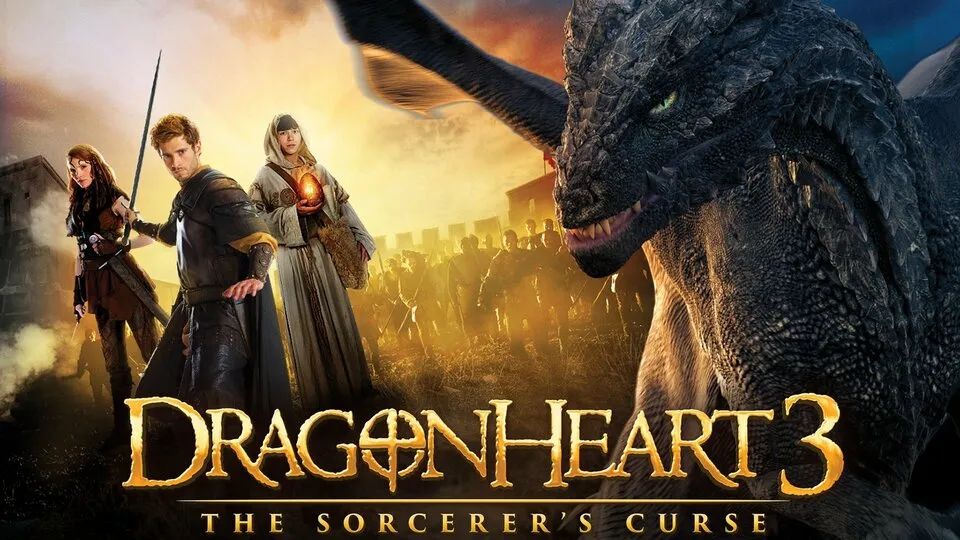In the silence of the Yukon, one man lives where wilderness and spirit become inseparable.
The Last Trapper (2004), directed by Nicolas Vanier, is a French-Canadian docudrama that beautifully merges documentary realism with cinematic storytelling. Set against the vast and untouched landscapes of the Yukon, the film follows the life of Norman Winther, a real trapper whose existence is intertwined with the rhythms of nature. Rather than focusing on fictional drama, the movie captures the raw authenticity of survival, tradition, and the deep bond between man, animal, and environment.
Norman lives with his wife Nebaska, a Nahanni Indian, in a remote cabin where modern conveniences are almost nonexistent. Their life is defined by the seasons: hunting, trapping, fishing, and carefully managing the land in a way that respects its fragile balance. The couple’s sled dogs, loyal companions in both work and spirit, play an essential role in their survival, especially during the harsh Arctic winters.

What makes the film unique is its meditative pace and emphasis on reality. Instead of relying on special effects or dramatized dialogue, Vanier allows the camera to linger on breathtaking landscapes—snow-covered forests, frozen rivers, and the aurora-lit skies—that create a sense of timelessness. The film becomes less of a narrative and more of an immersion into the philosophy of living close to nature.
At its heart, The Last Trapper is about the fading way of life of individuals like Norman, whose skills, traditions, and intimate knowledge of the land are increasingly rare in a rapidly modernizing world. It is not a story of nostalgia but rather a celebration of resilience and harmony, a reminder that survival is not about domination but coexistence.

The film also resonates as an environmental statement. By showing how Norman carefully respects the land he depends on, Vanier highlights the importance of balance between human needs and ecological preservation. In an age of exploitation, Norman’s lifestyle becomes a gentle but powerful call to reconsider our relationship with nature.
-1750238090-q80.webp)


